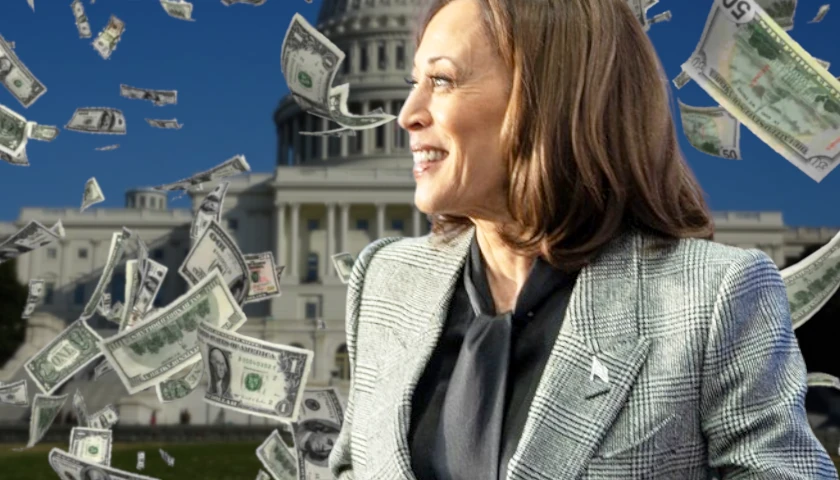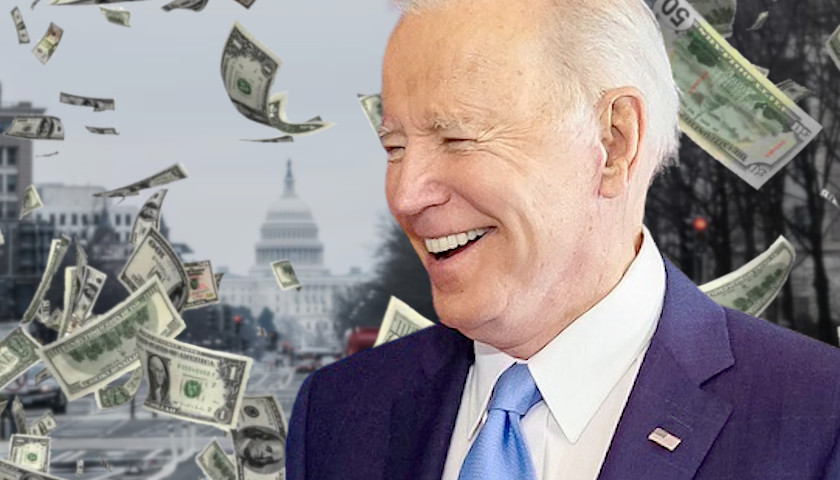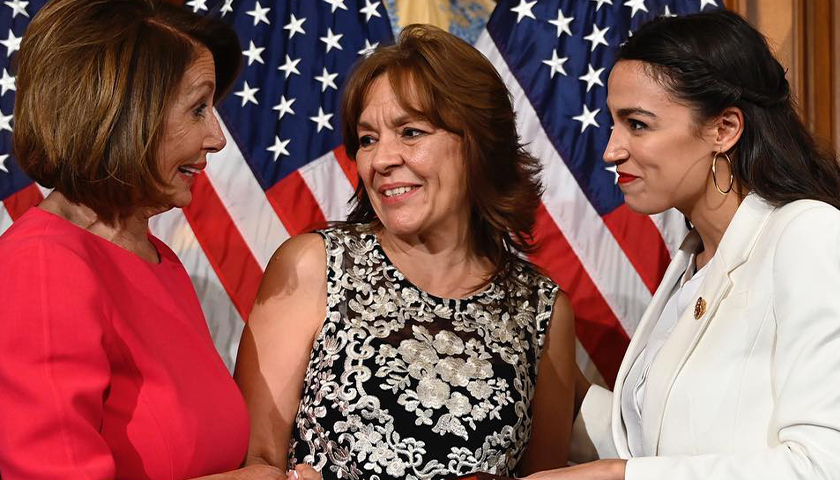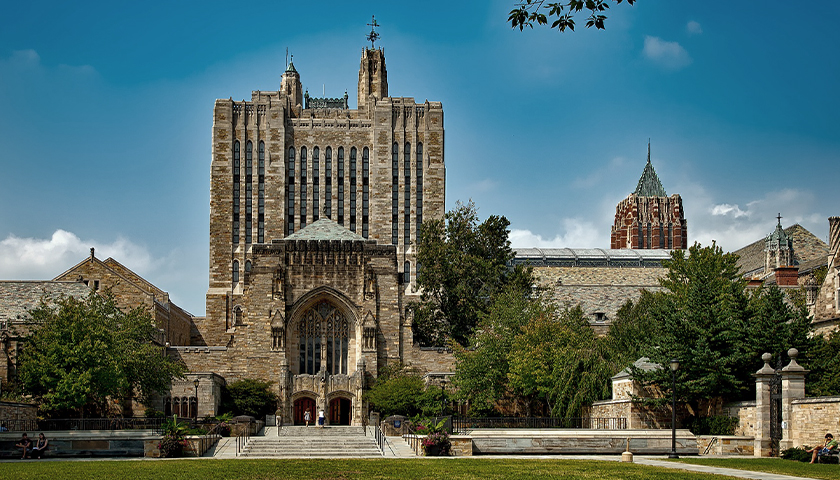In American journalism, there are supposed to be some clear, nonnegotiable third-rails.
One is zero tolerance for overtly racist language and comportment among our movers and shakers. Reporters, for example, for four years damned Donald Trump for his neutralizing summation that there were both “fine people” and extremists mingled among the hordes of protestors during their occasionally violent encounters in Charlottesville, Virginia.
It mattered little to the media that Trump added qualifiers of “many” and “both” sides of the protests:
We condemn in the strongest possible terms this egregious display of hatred, bigotry and violence, on many sides . . . And I’m not talking about the neo-Nazis and the white nationalists, because they should be condemned totally—but you had many people in that group other than neo-Nazis and white nationalists, OK? . . . Now, in the other group also, you had some fine people, but you also had troublemakers and you see them come with the black outfits and with the helmets and with the baseball bats—you had a lot of bad people in the other group, too.
Read More








